Adverse reactions of the body can not occur only in animals, plant pollen, drugs and foods. Increased histamine in the blood can cause helminths and protozoa. We will look in more detail at which parasites cause allergies and how to deal with this phenomenon.
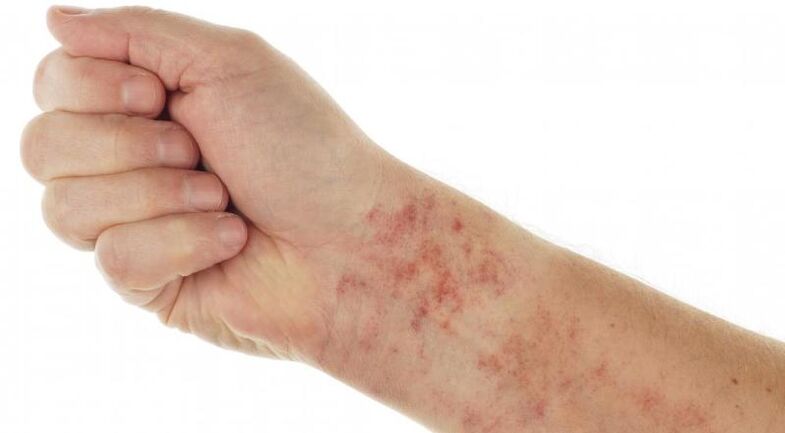
Types of parasites that cause allergies
Not all helminths and protozoa are allergens that can cause a negative reaction in the human immune system. There are several types of such parasitic pathogens.
- Single-celled organisms or lamblia. May cause atopic dermatitis, eczema, neurodermatitis in children. There are disorders of the intestinal tract, poor sleep, irritation on the background of severe itching of the skin.
- Helminths - echinococcus, roundworm, toxocara. Such parasites cause urticaria, edema, itching, bad breath and asthma in humans. In addition, ascaris larvae can cause focal necrosis inside the body, which leads to severe inflammation of the affected tissues.
- Fungi, bacteria, viruses. Such organisms are called infectious allergens that cause adverse reactions of the immune system.
The most dangerous parasites that cause allergic reactions are worms and lamblia. Adverse effects on the body are realized in two ways. First, helminths poison human organs and systems with the products of their vital activities. Second, the dead have a severe intoxication with putrefactive substances.
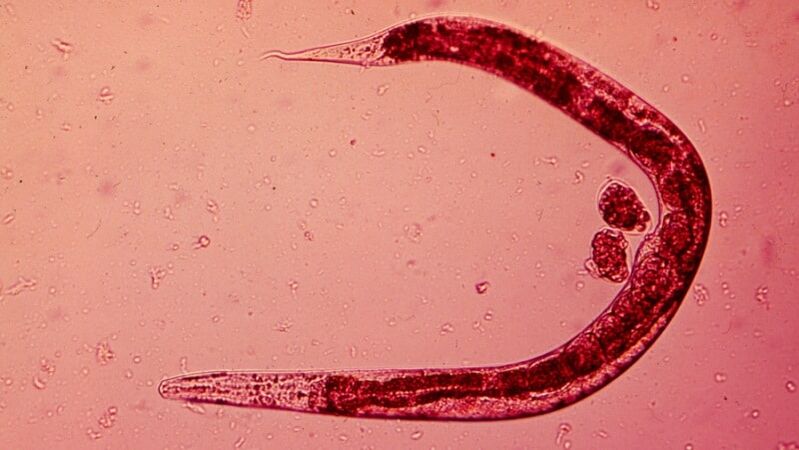
Causes and connection
To understand the relationship between worms and allergies, you need to know the reasons why some worms increase the sensitivity of the immune system in adults and children.
Roundworms and toxocara disrupt metabolic processes in the human body, depriving it of essential trace elements, minerals and vitamins. This weakens the immune system, which begins to react violently. As a result, skin rashes, shortness of breath, abnormalities of the stomach and intestines occur.
Another cause of a parasitic allergy is the toxic effects of worm waste products. Harmful substances poison human lymph and blood.
In addition, parasites have a destructive effect on the intestinal microflora. As a result of this process, pathogenic microorganisms begin to grow rapidly, which leads to a reaction of the body in the form of fecal disorders, inflammatory processes, flatulence.
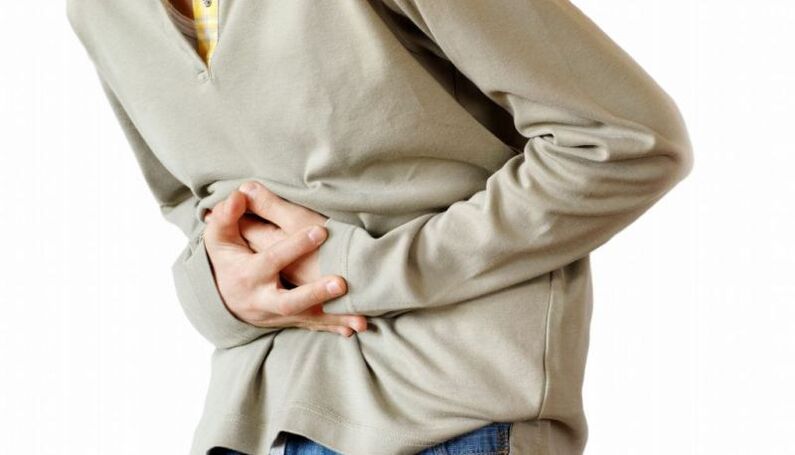
Adverse processes associated with the development of helminthic invasions cause disturbances in the functioning of the immune system, increase sensitivity to foreign antigens - a condition close to immune deficiency. As a result of pathological changes, dangerous diseases develop that have nothing to do with helminthic attacks, and for a long time are treated with the wrong drugs, activating the root cause of the disease.
Symptoms and course of the disease
Due to the connection between worms and allergies, the symptoms of an adverse reaction of the body to parasites are similar to typical allergic manifestations. In general, the skin and digestive system, and sometimes the respiratory system are most affected.
The main symptoms of worm allergy are:
- skin rashes of various localizations in the form of urticaria, eczema, dermatitis;
- decrease in the lumen of the bronchi, the development of bronchospasm, asthma;
- severe itching, redness, blistering and swelling of the skin;
- severe cough, fever, fever;
- runny nose, swelling of the eyelids, lips, yellowing of the skin.
It is important!The facet stage of Ascaris and echinococcus can cause anaphylactic shock. It all depends on the number of parasites and their spread in the internal organs.
The cause of severe allergic reactions in children is lamblia. They cause the development of eczema, atopic dermatitis. The child's skin is covered with purulent acne or rough plaques. Such manifestations are clearly visible in the photo.
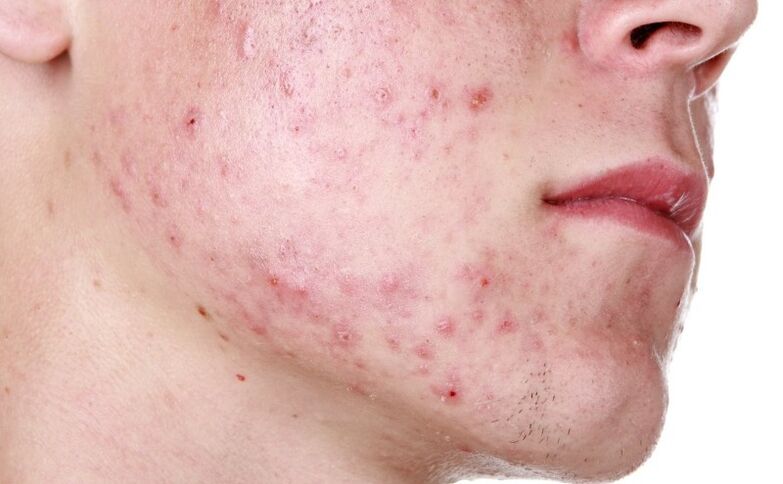
In the early stages, the symptoms are almost invisible. Intensified by the intensive development of helminthic invasions. Gradually reduced immunity, infected children and adults are more likely to catch a cold, there is persistent weakness, fatigue, loss of appetite and intestinal diseases.
Humans rarely associate such manifestations with worms and do not seek medical attention immediately. In this case, the disease worsens and the situation worsens.
Treatment methods
To get rid of allergic manifestations, you need to eliminate the source of the formation. Therapy should focus on the destruction of parasites, their eggs and larvae. In addition, the doctor selects drugs to remove the toxic decay products of dead helminths from the body.
Pharmaceutical drug treatment
The drug can be prescribed in the form of a course or a single dose. The method and dosage are chosen by the doctor.
Treatment should be completed with cleansing enemas. This will help to quickly remove dead helminths, their eggs and waste from the human body, thereby reducing intoxication. The procedures are performed 12-14 hours after taking the best medicine.
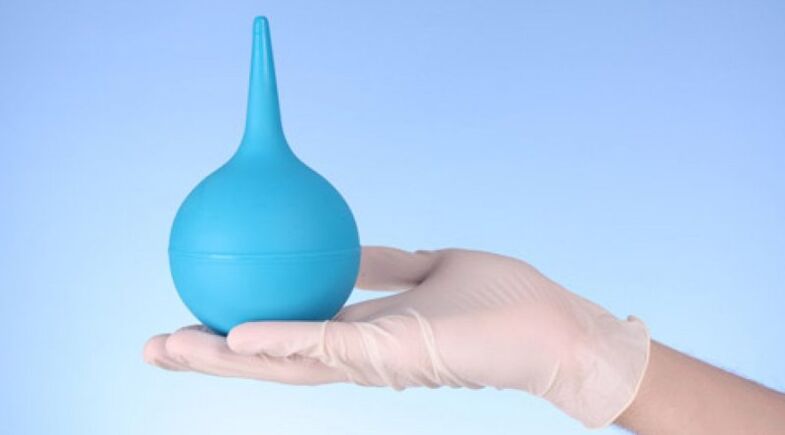
Folk remedies
If there is an integrated approach, treatment is more effective. It is recommended to support traditional medicine with folk remedies. The main thing is to consult a specialist before using them.
Decoction of walnut leaves
Fresh raw (300 g), pour 1 liter of water and cook for 25–35 minutes. Strain the liquid and take 0. 5 cups in the morning and evening for a week.
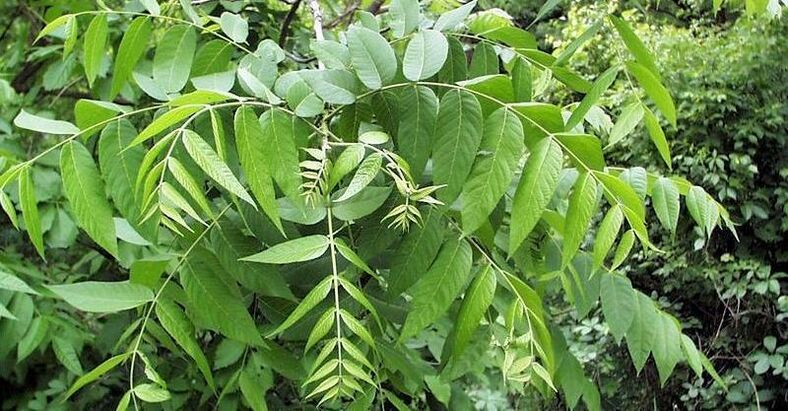
Tansy and wormwood infusion
Put equal parts of plants (50 g each) in a liter jar and pour 750 ml of boiling water. Strain the infusion, use 200 ml twice a day before meals.
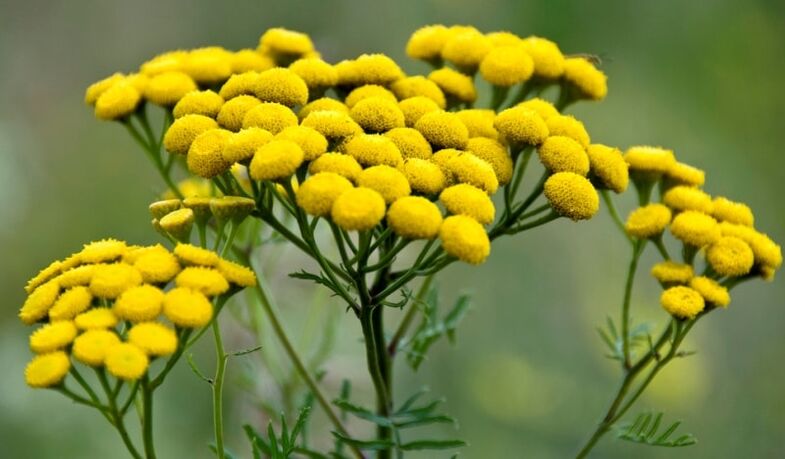
Garlic milk enemas
Boil a clove of garlic in 250 ml of milk until soft. Pass the broth through cheesecloth and start the procedure. Dosage: 200 ml for adults, 25-50 ml for children (depending on the age of the child). The course of treatment is 5 procedures.
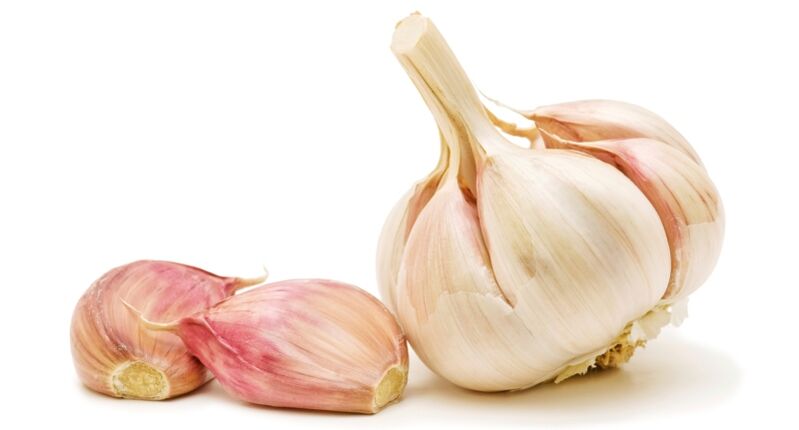
Soda enemas
Dilute 30 g of soda in 2 liters of water (22-25 degrees). Take enemas 10-12 hours after taking anthelmintic drugs.
Folk remedies in the fight against helminths are effective if used in conjunction with basic therapy.
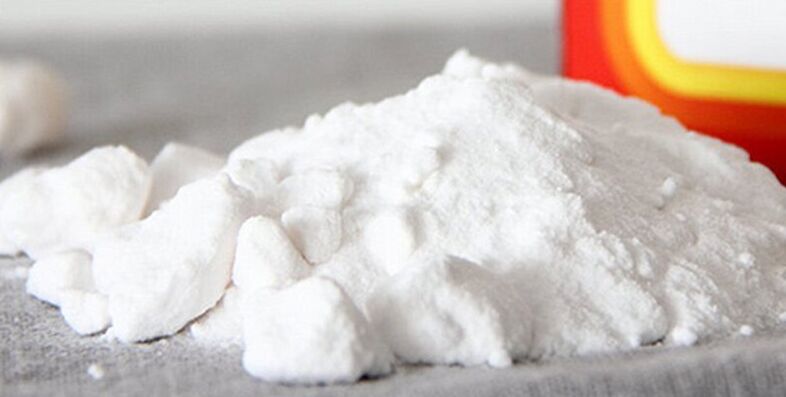
Prevention of parasites
Based on the fact that helminths are associated with allergic manifestations, you should try to prevent them from entering the body.
- Compliance with hygiene rules. Most parasitic infestations occur through dirty hands (especially in children).
- Look carefully at the food. Meat and fish need to be well fried, boiled or salted. Rinse vegetables and fruits under plenty of water.
- Keep pets. If cats or dogs live in the house, you should monitor their condition (timely worming, vaccination), hygiene of containers and feed containers.
By following these rules, you can protect yourself and your family members from dangerous infections with helminths.
Some types of worms can actually cause allergic manifestations in the form of urticaria, dermatitis, eczema. In severe cases, asthma, Quincke's edema, anaphylactic shock may develop. Therefore, with a significant decrease in immunity (often colds, fatigue, loss of appetite, apathy and nervousness), it is recommended to consult a doctor immediately. The sooner the source of the allergy is identified, the better the disease will respond to treatment.
























